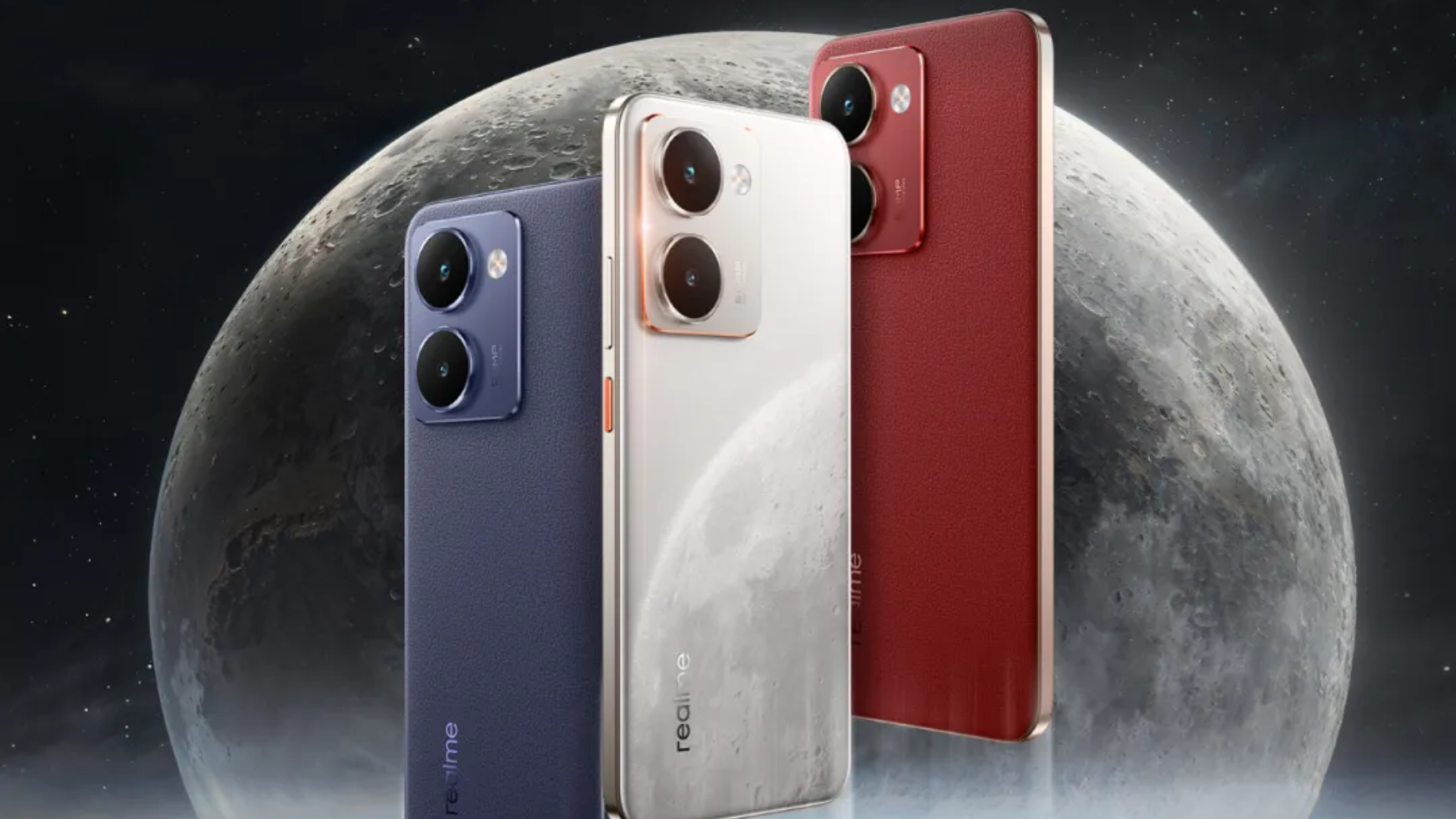Huawei has finally unveiled the HarmonyOS NEXT, giving fans the full idea of what to expect from the system it is trying to create as it moves away from the traditional Android platform.
The company shared the news during HDC 2024. The HarmonyOS NEXT is a product of the brand’s improved HarmonyOS. What’s special about this is the removal of Linux kernel and Android Open Source Project codebase, with Huawei planning to make the HarmonyOS NEXT entirely compatible with apps specifically created for the OS.
According to the company, the system is still under development, with the help of developers, who are encouraged to create apps using a new app format to make them compatible with Huawei devices. Interestingly, this is not the only requirement the company is asking from developers, as it also wants the apps to work seamlessly between Huawei devices.
As the company explained, the plan is to make a unified system that will allow users to transition from one device to another effortlessly when using apps. In the event, Huawei showed how this would work using apps like Taobao, Yiche, and Bilibili.
Needless to say, the HarmonyOS NEXT is not limited to those points. Huawei also focuses on departments like security (strict app installation, data and device encryption, and more) and AI. For the latter, the company shared that the personal assistant of HarmonyOS NEXT just got smarter. Called Xiaoyi (AKA Celia globally), the voice assistant is now armed with the Pangu Big Model 5.0 and can be summoned without cue words.
Aside from that, Huawei plans to introduce AI directly into the system, which it will call “Harmony Intelligence.” Some of the features and capabilities expected from the AI include AI image generation with some basic editing abilities, speech AI enhancement, AI alternative text audio descriptions, form filling, image and text translation, and more.
While HarmonyOS NEXT is still in the beta phase, the project is a promising move from Huawei, which is continuously being challenged by tough industry competition and the US government. Nonetheless, once finalized, this could further boost the position of the Chinese smartphone brand, which is gradually eroding Apple’s iPhone business in China and Samsung’s foldable device position in the market.




